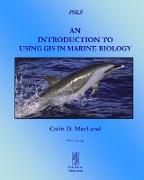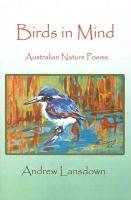An Introduction To Using GIS In Marine Biology
BücherAngebote / Angebote:
This book provides a user-friendly and practical introduction to the use of Geographic Information Systems (GIS) in marine biology. Unlike most other books about using GIS, this information is specifically presented in a marine biological context. It is divided into three sections. The first section provides just enough background information to allow you to get started with GIS without getting too bogged down in the theory behind it or making some of the most common mistakes made by beginners. It covers areas such as what GIS is, why GIS is useful in marine biology, the basics of GIS, common concepts and terms in GIS, how data are contained in a GIS, useful information about what to think about before starting a GIS project and how to break down and translate marine biological tasks into the language of GIS. This information is provided in easy-to-read and non-technical language with specific reference to its application in marine biology. The second section, which constitutes the main body of the book, consists of a 'How To...' reference guide for carrying out specific tasks which marine biologists are likely to need to be able to do in their everyday research using ESRI's ArcGIS®10.1 software. This information is provided in easy-to-follow instruction sets which allow you to complete each task with the minimum of reference to other parts of the book. As a result, it is designed to be dipped into, as and when needed, by both novices and more experienced marine biological GIS users who need reminding of how to do specific things from time to time, rather than to be read from start to finish. The final section provides additional useful reference material including a guide to using extensions in ArcGIS 10.1 software, a guide to useful tools in ArcGIS 10.1 software, a brief chapter on trouble-shooting GIS projects and a glossary of common terms. This is part of the PSLS series of books which use Task-Oriented Learning (TOL) to teach the practical application of research skills to the life sciences. This involves demonstrating how these skills can be used in the specific circumstances in which they are likely to be required rather than concentrating on teaching theoretical frameworks or on teaching skills in a generic or abstract manner. By seeing how the similar processes are used to achieve a variety of different goals within a specific field, it becomes easier for the reader to identify the general rules behind the practical application of these processes and, therefore, to transfer them to novel situations they may encounter in the future.
Folgt in ca. 10 Arbeitstagen




